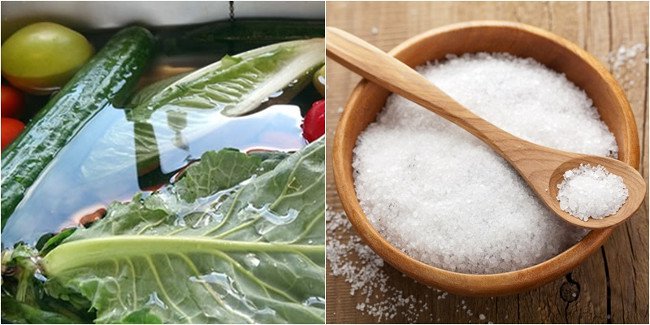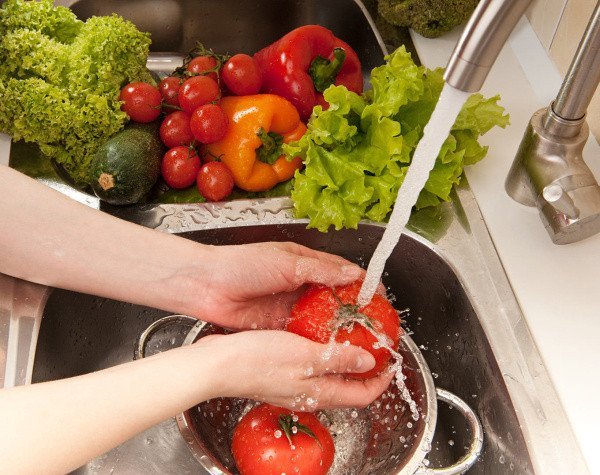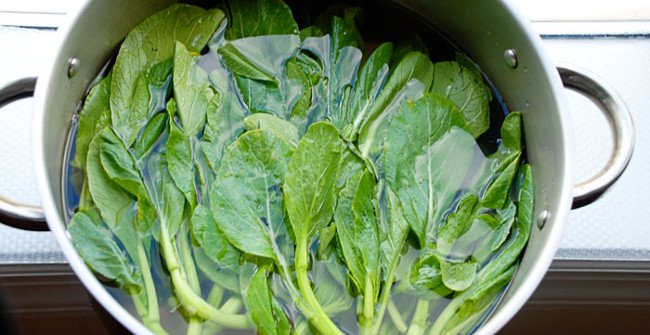What do you know when you wash vegetables?
Soaking vegetables in salt water to remove toxic chemicals, mistakes need to change
Many people have the habit of soaking raw vegetables, fruits in salt water to remove toxic chemicals and pesticides. But this is the wrong habit to change because saltwater only has an antiseptic effect, but not completely effective in eliminating pesticides, preservatives in food.
Even vegetables soaked in salt water too thick, too long to be crushed, lose their taste and even cause the reverse osmosis dirty.

What is the cleanest vegetable?
Guide to how to wash vegetables to remove more than 90% of substances harmful to health experts as follows:
After buying fruits and vegetables, wash under running water.
Soak in water without salt 10.
Rinse again, then drain.
Store vegetables in the fridge, go to bed and wash again before processing.
Note: Do not soak vegetables, fruits under water for too long as this will cause loss of vitamins.

Vegetable washing water is not absolutely safe
In addition to brine for vegetables, housewives also use specialized vegetable washers. But these solutions can only quickly remove stains and some toxic chemicals sticking to the surface of vegetables. While pesticides are often deep in water, these specialized water can not be removed.
Vegetable washers can also have counter effects
Ozone is a very toxic gas that can cause cancer. To clean the toxic substances, pesticides in vegetables, ozone-aeration machines must have enough ozone in the water. But then, ozone would also be out of the negative for housewives.
In addition, in the tap water today there is quite a lot of chlorine, ozone will combine with chlorine to create a new toxic durable compounds.

The principle of washing each green vegetable
Green vegetables are divided into four types: leaves, fruits, tubers and flowers. When washing, it should be classified by each type of risk of contamination, water pollution different.
Leafy vegetables:
These vegetables are classified as the most polluted. In addition, due to the presence of many bacteria E.Coli and Salmonella from freshly fertilized directly on the leaves, there is a risk of carrying high levels of cholera.
How to wash leafy vegetables: soak in water and wash each leaf, stem under the tap. For small vegetables like shrimps, water spinach ... must be washed several times, then wash each small with fist under the faucet.
To remove the cholera, you can soak the vegetables in the salt water basin diluted for 5 minutes (mix 10 liters of water and salt with teaspoon of salt).

Vegetables:
This vegetable is less polluted than leafy vegetables, but it is more susceptible to pesticide contamination.
When buying food should not eat immediately, then wash each fruit, then put nylon preserved in the refrigerator. After 2 days for processing to protect the plant has decay time that vegetables keep the freshness. Do not wash it with salt water and let it in the fridge for a day, as the fruit is easily damaged.
With vegetables and fruits to eat, wash under the water, then cut and rinse again.
